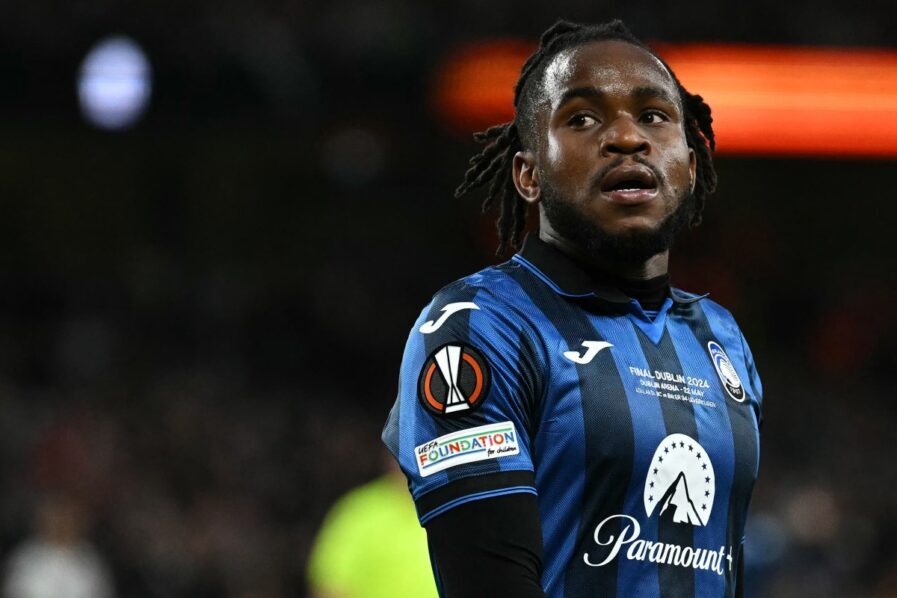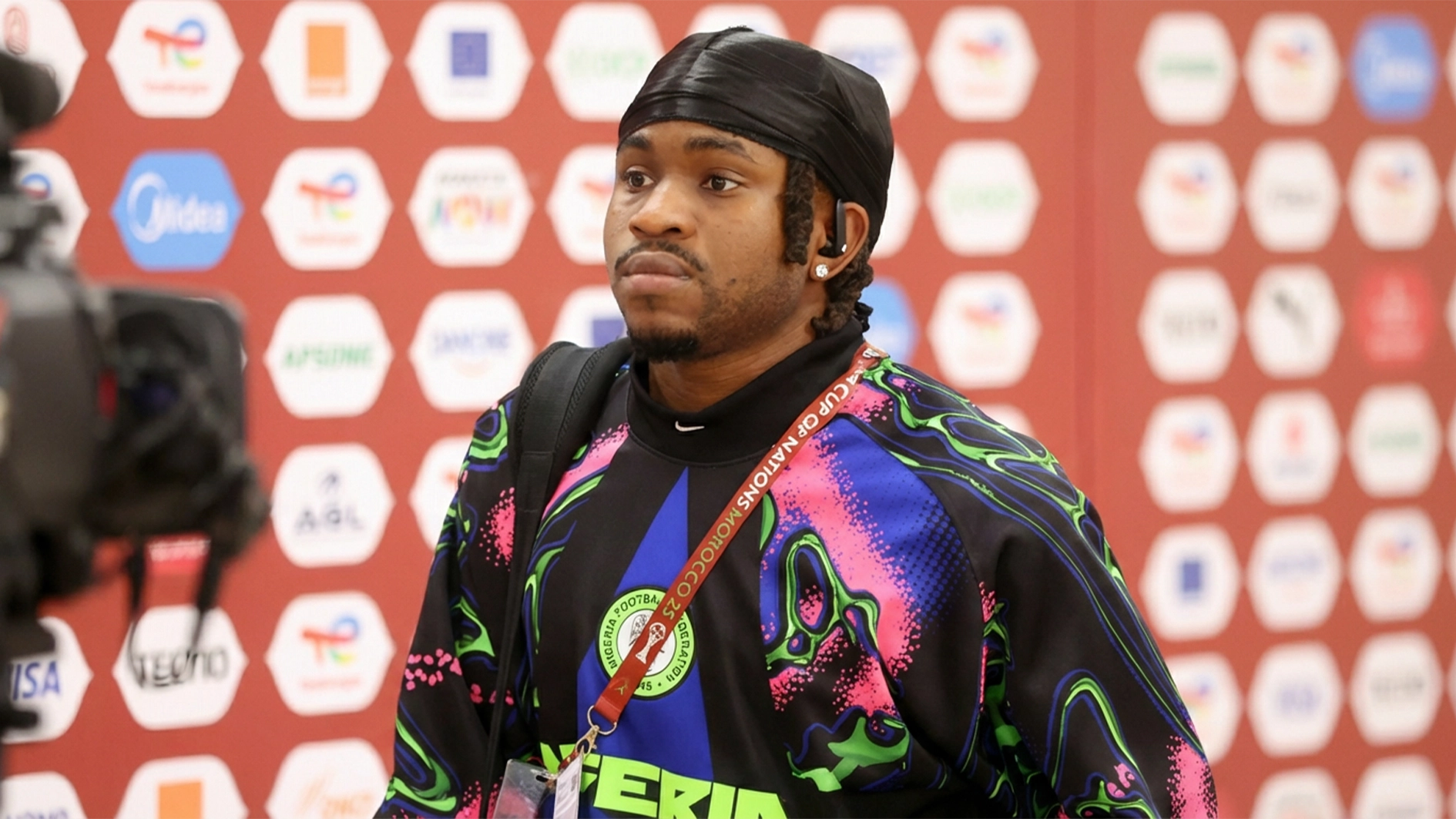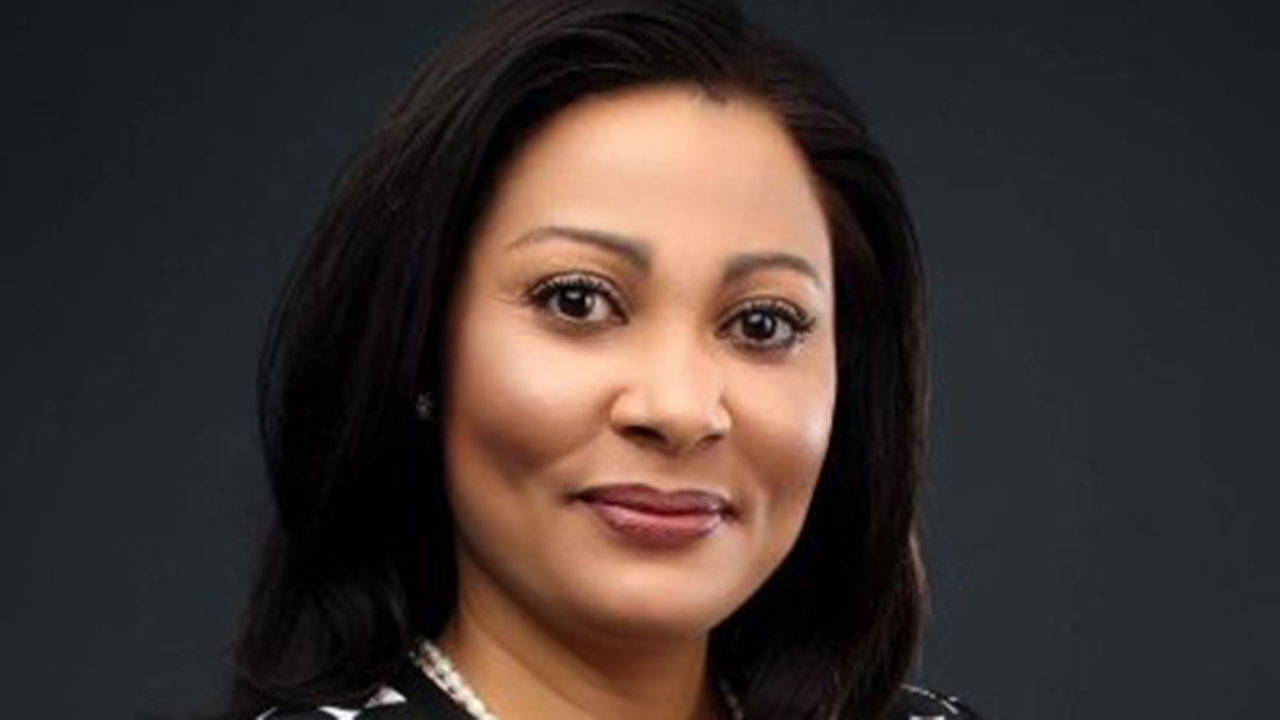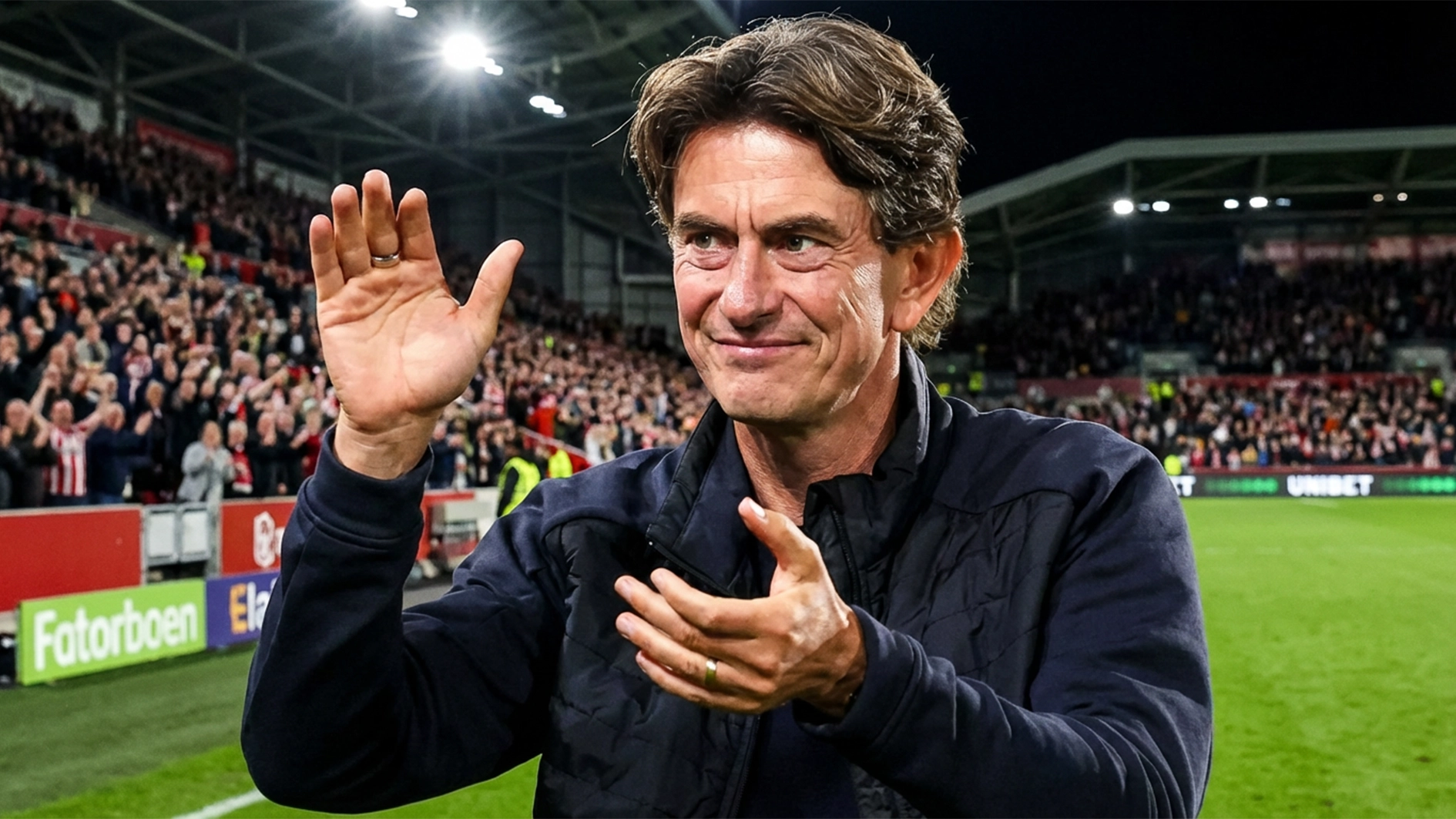
Nigeria boasts a storied, decorated history at youth level in international football.Since the inception of the FIFA Under-17 World Cup in 1985, no nation has won it more times than Nigeria’s five, and from those triumphs have arisen some of the sport’s finest exponents, from Nwankwo Kanu to Victor Osimhen.
That spring has begun to run dry in recent times, however. The country’s last success came in 2015, and while a nine-year barren spell is by no means instructive by itself, the Golden Eaglets have been absent from two of the three editions since.
The idea that youth football development has taken a nosedive is not limited to the under-17 cadre, however. Despite being the first African nation to win Olympic gold in men’s football – an under-23 event – and completing the set of medals with a bronze in 2016, Nigeria is conspicuous by its absence at the ongoing Paris Olympics, and did not qualify to Tokyo in 2021 either.
Considering Nigeria’s peculiar environment, this inability to consistently qualify for tournaments at youth level is both a cause and an effect. For so long, football development in the country has lacked a coherent, holistic framework or blueprint, and so it has fallen to the youth national teams to bootstrap the process through unwieldy, inefficient open screenings, held in strategic centres across the country. Invariably, talent slips through the cracks, as the aforementioned Osimhen famously almost did back in 2014 but, even worse, there is little transparency around the selection methodology. At best, it is left to the whims of the coaches and, at worst, the extraneous influence of interested parties who boast fat wallets and few scruples.
It also is a matter of public debate whether, with so much responsibility on the national teams, the youth national team coaches represent the very best that is available to the country. Ladan Bosso and Manu Garba, who have both been in the setup since 2007, have enjoyed some successes, but as the disappointments have piled up, calls for fresh eyes and minds have only intensified.
This is where Olumide Ajibolade, and the structure in place at the Beyond Limits Football Academy
founded by Kunle Soname, businessman and owner of Nigeria Professional Football League (NPFL) side Remo Stars – comes in.
The 35-year-old, who holds a UEFA C licence and is set to acquire the UEFA B in September, is widely regarded as one of the finest grassroots coaches around. At the vanguard of a new youth coaching wave in Nigeria, he was recently appointed as an assistant coach within the national under-17 set-up, a marker of his rising profile.
The melding of Ajibolade’s scientific, adaptive coaching methodology and Beyond Limits’ emphasis on quality coaching, nutrition, facilities, and exposure has produced the country’s most impressive football development pathway. After competing in and winning The Creative Championship, a private league competition, three years running, the academy entered the Nigeria National League (NNL), the second tier of the nation’s league pyramid, and won promotion to the NPFL in 2024, a startling feat for a team of teenagers.
Not only is the Beyond Limits Academy project best-in-class on home soil, but since 2021, there has been significant achievement on the international stage as well, as successes at the prestigious Viareggio Cup (runners-up in 2022, winners in 2024) and Gothia Cup (third place in 2024) have proven.
For Ajibolade, the watchword – the key to resuscitating Nigeria’s waning talent pool – is ‘intentionality’. “I’ve been able to travel the world a bit to understudy coaches and observe trainings, speak to youth coaches and sporting directors across Europe,” he says. “I think this is the biggest coaching education you can have rather than the badges. To be able to have the real on-the-pitch idea of how the Europeans develop their players.
“You’ll see from these details that they’re a bit more intentional about the kind of players they want to produce. It’s something that we are not clear on in Nigeria because we have a generalised way of training. There’s no specificity in terms of attributes that we want to develop. I’m a firm believer that football can be coached and players can be taught.”
Clearly, there is a need for high-quality, personalised coaching education and standardised methods to not only develop players across the country, but foster a culture of excellence in football. It is a wide brief; for all of Ajibolade’s talents, it would be too great a challenge for one man to bear.
Luckily, while he stands at the forefront, he is far from alone in this pursuit.
At 33, Oluwasola Adegun is even younger, but is driven by many of the same imperatives. For one so young, the UEFA C holder boasts an impressive CV, having worked in various coaching roles with the Barcelona and Roma academies, as well as a sporting director briefly with Mees Palace Football Academy in Jos.
Currently in charge of the relatively nascent Sporting Lagos Football Academy, Adegun’s mixed, adaptable playing module (with a bias towards a positional/possession-based game) is already bearing fruit outside of the shores of Nigeria.
At the Gothia Cup, his under-17 side emerged victorious, not only eliminating Ajibolade’s Beyond Limits, but hammering FC Tokyo 4-0 in the final. The likes of Yemi Olanrewaju who, at 32, holds a UEFA B licence and is head coach at Enyimba, Nigeria’s biggest and most successful club. Olanrewaju shot to limelight at Lagos-based MFM FC and Vandrezzer Football Club before stints as assistant coach of the country’s U17 side, the Golden Eaglet under Nduka Ugbade.
There is 35-year-old Paul Offor, whose spell with the Sporting Lagos first team brought them promotion in thrilling fashion to the top-flight at the first time of asking (and without whom the club promptly slipped down the NPFL table and suffered relegation); and Eboboritse Uwejamomere, a 28-year-old who has worked as a match analyst for both the men’s and women’s senior national teams, count themselves in the same crop.
Uwejamomere has a strong foundation in youth football having worked as coach with Nigeria’s FC Nilayo, and as academy coach at both Millwall FC and Gillingham FC in the United Kingdom.
All young, all having overcome dysfunction to forge their paths in the ultra-competitive world of coaching, all imbued with the freshness of ideology to take Nigeria’s grassroots football development into a bold, new future.






